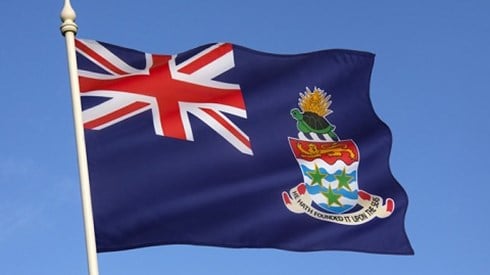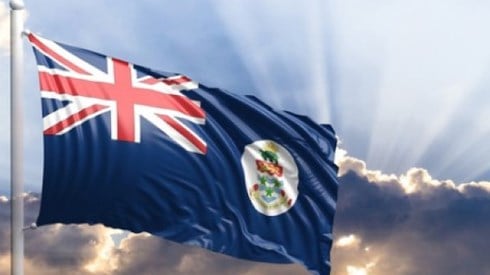Cayman Islands Added to the EU "Blacklist"

February 24, 2020

The Council of the European Union (the Council) recently revised its so-called blacklist of noncooperative tax jurisdictions to include Cayman Islands, Palau, Panama, and Seychelles for failure to meet agreed tax good governance standards.
According the Council, the list of noncooperative tax jurisdictions contributes to the European Union's ongoing efforts to promote good governance in tax matters worldwide.
Background
Work on the list started in mid-2016 within the Council's working group responsible for implementing an EU code of conduct on business taxation. In November 2016, the Council agreed on the process to be followed and laid down criteria for screening third-country jurisdictions, namely as follows.
- What a jurisdiction should fulfill to be considered compliant on tax transparency
- What a jurisdiction should fulfill to be considered compliant on fair taxation
- That Organization for Economic Cooperation and Development anti-BEPS (tax base erosion and profit shifting) minimum standards are being implemented
Established in 2017, the first blacklist identified 17 countries considered to be tax havens operating outside the European Union.
The initial 2017 blacklist included American Samoa, Bahrain, Barbados, Grenada, Guam, South Korea, Macau, Marshall Islands, Mongolia, Namibia, Palau, Panama, Saint Lucia, Samoa, Trinidad and Tobago, Tunisia, and United Arab Emirates.
The list of noncooperative tax jurisdictions is based on a "continuous and dynamic" process that includes the following.
- Establishing criteria in line with international tax standards
- Screening countries against these criteria
- Engaging with countries that do not comply
- Listing and de-listing countries as they commit or take action to comply
- Monitoring developments to ensure jurisdictions do not backtrack on previous reforms
The list is intended to identify jurisdictions that have either not engaged in a constructive dialogue with the European Union on tax governance or failed to deliver on their commitments to implement reforms to comply with the European Union's criteria on time.
Since the initial blacklist was implemented, the Council has undertaken regular reviews of the list resulting in different jurisdictions being added and removed.
As of February 2020, the blacklist included American Samoa, Cayman Islands, Fiji, Guam, Oman, Palau, Panama, Seychelles, Samoa, Trinidad and Tobago, US Virgin Islands, and Vanuatu.
In a statement, the Council said the recently added jurisdictions of Cayman Islands, Palau, Panama, and Seychelles did not implement the tax reforms to which they had committed by an agreed-upon deadline.
Cayman Islands
With 646 captive insurers reported by the domicile at the end of 2019, the Cayman Islands remains the second-largest captive domicile after Bermuda.
The Cayman Islands is also the leading international domicile for global investment funds, both open-ended and closed-ended investment funds, according Cayman Finance. The Cayman Islands investment fund is used by international investors to aggregate investment into countries around the world to facilitate efficient global co-investment and asset management.
Per Cayman Finance, 70 percent of non-US-domiciled investment funds managed by the US Securities and Exchange Commission registered advisers are domiciled in the Cayman Islands.
In order to modernize and enhance investment funds oversight, on February 7, 2020, the Cayman Islands government enacted the Mutual Funds Law (2020 Amendment) (MFL) that regulates open-ended investment funds, and the Private Funds Law 2020 (PFL) that brings closely held open- and closed-ended investment funds into scope for regulation by the Cayman Islands Monetary Authority (CIMA), the jurisdiction's principal regulator.
The recent legislative changes were in response to an evolution in global regulations, primarily driven by the Organization for Economic Co-operation and Development, the European Union, and the Caribbean Financial Action Task Force, according to Cayman Finance.
While both the MFL amendment and the PFL apparently address the EU concerns about collective investment vehicles, according to the Council's latest write-up, Cayman Islands was added to the blacklist because it "does not have appropriate measures in place relating to economic substance in the area of collective investment vehicles."
In a February 19 post to its website, titled "Cayman Islands Added to EU Blacklist," international law firm Kirkland & Ellis LLP said the following.
The EU Blacklist does not impose specific penalties on blacklisted jurisdictions. However, the addition of the Cayman Islands to the EU Blacklist may have implications for fund and holding structures located in Cayman, particularly for those funds that invest into Europe … the full impact and consequences of the addition of Cayman to the Blacklist will become clearer in the coming weeks and months....
February 24, 2020



